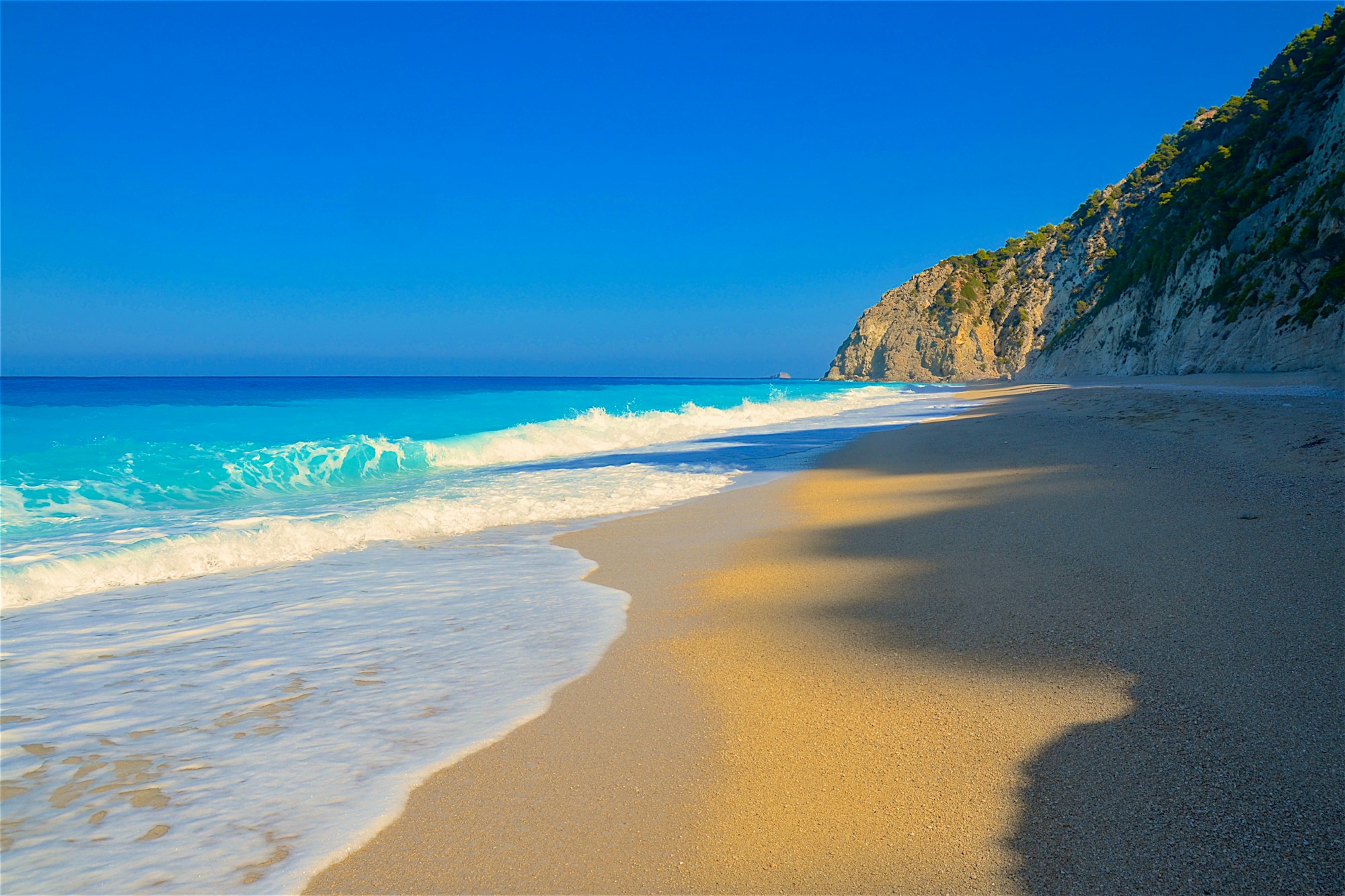Cultural and Traditional Guide to Lefkada: History & Festivals
Discover Lefkada's rich history, vibrant festivals, and unique traditions in this comprehensive cultural guide.

History of Lefkada
Lefkada, an island in the Ionian Sea in Greece, has a rich and diverse history that dates back to antiquity. It has been inhabited since ancient times and has been part of many empires and cultures throughout the centuries. Known as Leucas in antiquity, Lefkada has traces of human presence going back to the Neolithic period, with significant findings from the Bronze Age as well.
Ancient Times
In ancient times, the island was initially a part of the Corinthian colony and later became a member of the Aetolian League. Lefkada participated in the Persian Wars alongside other Greek city-states and played a role in various other historical conflicts that shaped the Greek world. The island is also renowned for its mythological connections, particularly in Homer's works, where it is often associated with the kingdom of Odysseus.
Medieval Era
During the medieval period, Lefkada was significantly affected by Venetian, Frankish, and Ottoman rule, each leaving its imprint on the island's culture and architecture. The Venetian influence is particularly notable in the fortifications and the urban layout of the island's capital, intermixed with elements from later periods.
Modern History
In the modern era, Lefkada played an essential part in the Greek War of Independence, contributing fighters and facing several battles on its soil. After the tumultuous deluge of the war, the island gradually adapted to the modern Greek state, while maintaining its distinct cultural and traditional features.
Cultural Practices
Traditional Music and Dance
Lefkada is a hub for traditional Ionian music and dance. Echoes of old cantatas and serenades reverberate through the island, blending seamlessly with more modern adaptations. Typical instruments include the violin, guitar, and mandolin, with music often being a central part of social and family gatherings. Dances like the Sirtaki and Kalamatianos are staples in local festivities and are an essential part of Lefkada's cultural identity.
Local Cuisine
The island's cuisine is another testament to its rich cultural heritage, with an emphasis on fresh, local ingredients and Mediterranean flavors. Some must-try dishes include:
- Savoro Fish - a traditional fish recipe cooked with rosemary, garlic, and vinegar.
- Lentils from Eglouvi - these lentils are considered some of the best in Greece, grown in the village of Eglouvi.
- Bourdetto - a spicy fish stew that reflects Venetian influences.
- Lefkadian Sausage - known for its distinctive flavor and locally sourced ingredients.
Handicrafts and Art
Handicrafts, particularly textiles, are an integral part of Lefkada’s cultural identity. Intricate embroidery and weaving techniques are passed down through generations. The island also has a legacy of fine arts, with numerous local artists drawing inspiration from its natural beauty and historical significance.
Festivals in Lefkada
Festivals are at the heart of cultural life in Lefkada. Through these jubilant events, locals and visitors alike experience the island's history, religion, and traditions.
International Folklore Festival
The International Folklore Festival, usually held in August, is one of the most significant cultural events on the island. It brings together performers from different countries, celebrating global folk traditions through music, dance, and costumes. During this festival, Lefkada transforms into a vibrant carnival of cultures, promoting cultural exchange and understanding.
Sardi Festival
The Sardi Festival, also held in August, is a unique celebration dedicated to sardines, one of the staple foods in Lefkadian cuisine. This event takes place in the village of Nidri and includes music, dancing, and of course, a variety of sardine dishes for everyone to enjoy.
Wine Festival
In September, Lefkada hosts the Wine Festival in the village of Sfakiotes. Celebrating the island's wine-making tradition, this festival features wine tastings, local delicacies, and traditional music and dance. It’s an excellent opportunity to delve into the local viticulture and experience the island’s hospitality.
Religious Festivals
Religious festivals on the island are a magnificent blend of faith and tradition. Key among them is the feast day of the island’s patron saint, Agios Spyridon, on December 12th. Another significant celebration is the Dormition of the Virgin Mary on August 15th, marked by processions, feasts, and special church services.
Feast of Saint John
The Feast of Saint John, celebrated on June 24th, is tied to summer solstice traditions and involves the lighting of bonfires. This festival is rich in symbolism and is a vibrant display of communal unity and joy.
Local Anecdotes and Interesting Facts
The charm of Lefkada goes beyond its historical and cultural landmarks, often found in the anecdotes and stories passed down by generations.
The Legend of Sappho
Lefkada is often associated with the ancient poetess Sappho. According to legend, Sappho leaped to her death from the dramatic white cliffs of Cape Lefkada, driven by unrequited love. This story enhances the sense of mystery and romanticism surrounding the island.
The Floating Island
One fascinating geological fact about Lefkada is that it appears to "float" near the mainland. It was connected to the mainland by a narrow isthmus and later by a canal, which gives the illusion of the island drifting apart from the Greek coast.
An Ionian Refuge for Artists
Through the years, the serene and inspiring environment of Lefkada has attracted numerous artists, writers, and poets. The island has become a haven for those seeking tranquility and artistic inspiration, and many local stories and artworks draw from the island's stunning landscapes and rich heritage.
